Since its creation in 2017, The Good Goods has established itself as a unique media and creative studio, dedicated to transforming the fashion, textile, and luxury industries.

Lavinia Muth, an economist specialising in business ethics for actors of the fashion landscape, has dedicated 15 years to advancing social and ecological standards in the textile and creative industries. Her work as an external auditor, inspector, and investigator, in collaboration with Messe Frankfurt’s trade shows for instance, underscores her commitment to fighting against “corporate sustainability” and “green-washing”.
Over the past two years, Lavinia has developed a strict and holistic set of criteria to evaluate the sustainability performance of brands and organisations seeking to exhibit at NEONYT licensed by Messe Frankfurt and (recently) IMPACT and NEONYT Paris’ (trade fairs). Our exclusive encounter delves into the specifics of this assessment tool we provide to our partners while fostering valuable insights on our industries’ challenges, sustainable regulations and how to navigate them thoughtfully as well as inspiring discussions around Lavinia’s deep knowledge and various experiences through related topics.
Lavinia initiates this exchange by emphasising the importance of inducing a cultural shift rather than a mere mindshift in sustainability, urging a move beyond Western hegemony and addressing its legacies thoughtfully in the creative industries’ approach. She advocates for dismantling the industrialised mass production system and implementing sustainable solutions already existing and applicable within each brand and company’s expertise. This holistic approach aims at fostering transformative cooperation, continuous innovation dynamics within the industry, driving meaningful and lasting change. These informative assessments are developed around the development opportunities and initiatives that each brand could implement within their own approach to creativity: “A crucial part of our work is also about advising the companies we assess, so that every issue highlighted through the assessment process can already initiate solutions and positive efforts towards addressing those challenges,” she explains.

“I am quite critical of existing sustainability certifications and standards due to their limitations,” Lavinia insists. While certifications can trace supply chains and assess certain performance criteria, they are often insufficient. For NEONYT’s trade shows as well as IMPACT, the criteria go beyond certifications and compliance, as basic labour rights, human rights, and environmental protection are only the fundamentals: “The criteria, which cover different product categories like garments, shoes, accessories, and lifestyle products, are developed to address the unique value chains and crucial points of each sector within both trade shows’ selection.” This approach is akin to the publicly accessible requirements defined by Copenhagen Fashion Week for instance, and therefore fosters crucial focal points that each company should address as an overall strategy.

“Circularity is a significant trend among the brands I collaborate with. Many use recycled or upcycled materials for instance. While circularity doesn’t concretely translate into equal and regenerative systems, it remains a foundational step in the right direction.” Lavinia observed that many creators focus their investments in supply chain traceability and transparency, which are “crucial for implementing robust and resilient supply chains and ensuring social justice for all workers involved in their creative process,” according to her words. Another notable shift she highlights is designing collections around available deadstock materials. An innovative approach that emphasises the capacity to create with existing resources. Furthermore, many brands are now working with minority groups and mobilising for inclusivity. “These are initiatives I witness especially with the French designers I collaborate with!” she mentions. Some are also exploring alternative business models like renting, leasing, and reselling part of their fixed capital, mainly offices and infrastructures.
“Navigating through regulations and directives from Brussels to interpret them in national law is complex but necessary,” she stresses. These laws ensure compliance with basic human rights and eco-responsible practices that “the fashion industry has struggled to honour over the past 30 years.” Her prerogative remains clear: Companies need to invest in human resources and external partners to gather, evaluate, and contextualise data related to their sustainability commitments: “Measuring and giving context to this data is imperative to define corrective actions and future progressions based on each brand’s specific needs and challenges.”
One of the first steps companies must take to initiate sustainable dynamics within their operations must be the assessment itself. These are invaluable information and proper data all brands can adapt to their future strategy. Lavinia then emphasises again on circularity: “Brands and actors of the fashion industry in general need to invest in circularity and focus on improving supply chain transparency and traceability. It is vital, more than ever, to be protagonists of true social justice while collaborating respectfully with minority and indigenous communities.” This also means inducing transformative initiatives” by recognising and giving credit to the immense cultural appreciation our industry has for traditional garment construction and exceptional craftsmanship.”
“Besides the questionnaire, I always check the brand's website, their values, the general business conditions, as well as their partners and investors,” she describes. Evaluating the entire product line is vital to measure a company’s actual commitment to sustainability. Key areas include material sourcing and processing, supply chain conditions, transportation, logistics, packaging, and social working standards. Lavinia stresses the production conditions themselves: “Compliance with ILO (International Labour Organization) core conventions and minimum wages is also essential, and producing exclusively in Europe does not suffice to meet these criteria.”
Lavinia’s philosophy can be summed up in one word: Community! “The assessment we developed for IMPACT and NEONYT Paris fosters community among brands sharing the same values. Creating a platform for innovative and progressive companies also means providing these communities with adaptive criteria to evaluate their sustainability indicators and anticipate corrective strategies to tackle the creative industries’ future challenges.” Additionally, interactions and exchanges during the trade shows allow our brands and various exhibitors to initiate significant change while learning more on a collaborative principle. This approach helps both Lavinia and WSN through their events to build an inclusive, progressive and interconnected community where each perspective is valued, ultimately advancing all creative industries.
Lavinia's insights highlight the crucial importance of a cultural shift in sustainability, urging the fashion industry to go beyond compliance and adopt more holistic and inclusive practices. The IMPACT and NEONYT Paris sustainability assessment tool she developed independently serves as a progress instrument for brands to evaluate and enhance their commitment to eco-responsible, socially engaged, and transformative initiatives. By fostering a strong sense of global community and encouraging pluriversal cooperation, we hope to assess and challenge creators with care and attention to induce real change in our industries’ overall approach to sustainability and social justice.

Since its creation in 2017, The Good Goods has established itself as a unique media and creative studio, dedicated to transforming the fashion, textile, and luxury industries.

In the vibrant setting of the Beyond the Noise space at Premiere Classe, a talk hosted by Mixte Magazine captivated the audience with an audacious theme: how the new generation of designers is reshaping fashion by reconnecting with nature and craftsmanship.
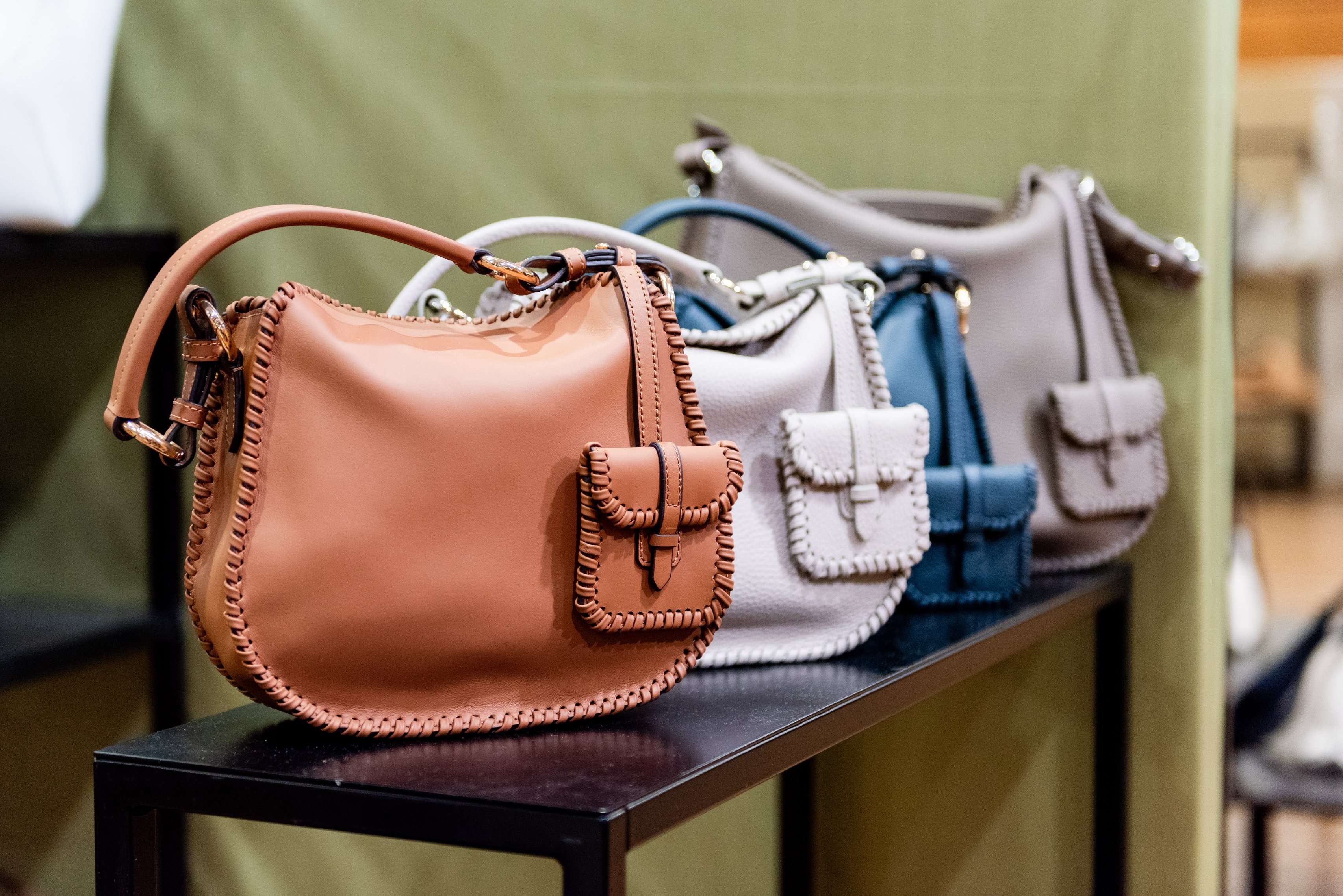
Founded by sisters Fazla and Eda Topbaş, Vuqu is a Turkish leather goods house based in Istanbul that skillfully combines elegance and functionality.
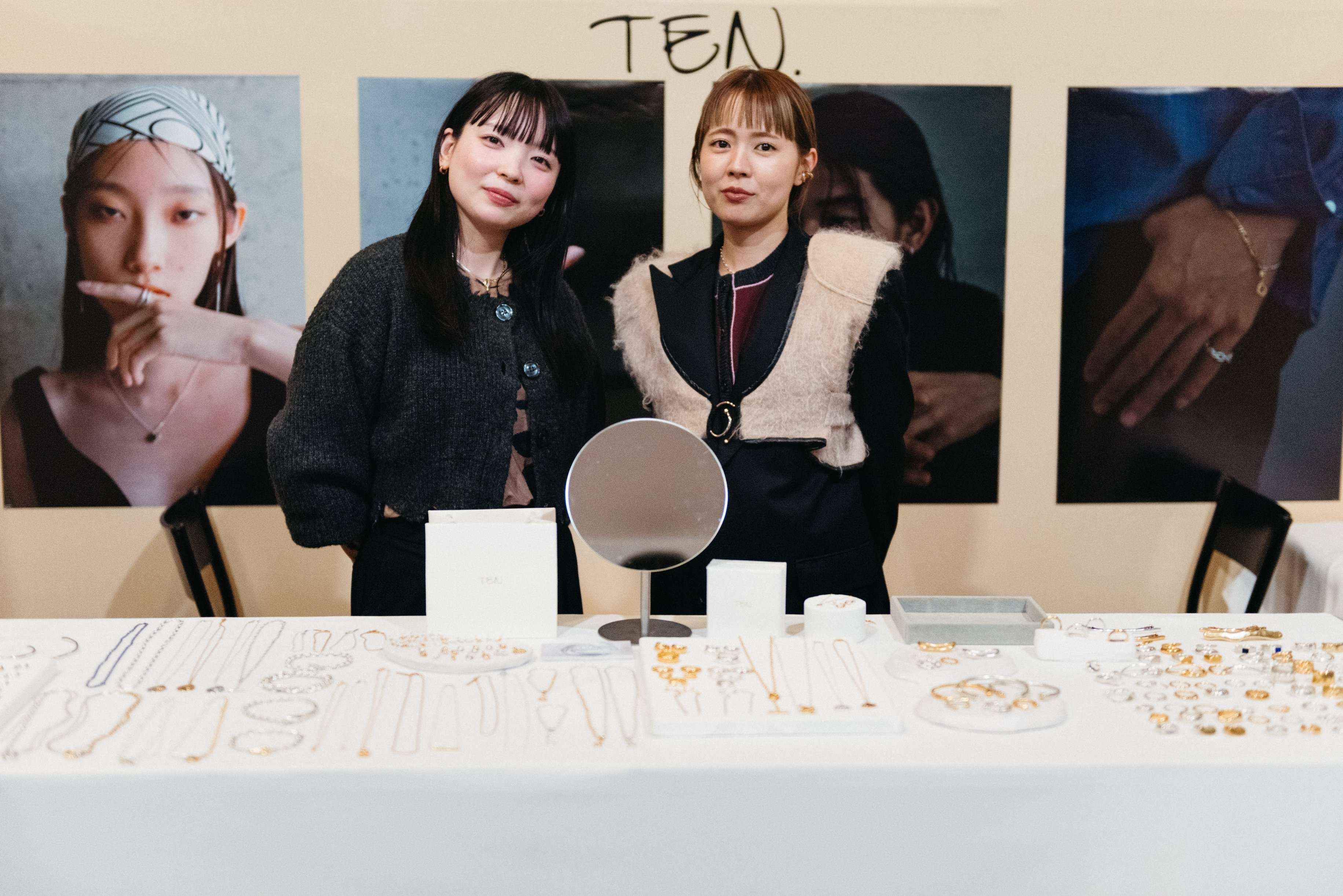
Founded by Japanese designer Akane Horikami, Ten. has become a go-to brand for those seeking a blend of nature, minimalism, and contemporary elegance. At this fifth participation in Premiere Classe, Ten. continued to captivate with a collection exploring fluid lines while introducing more geometric elements.
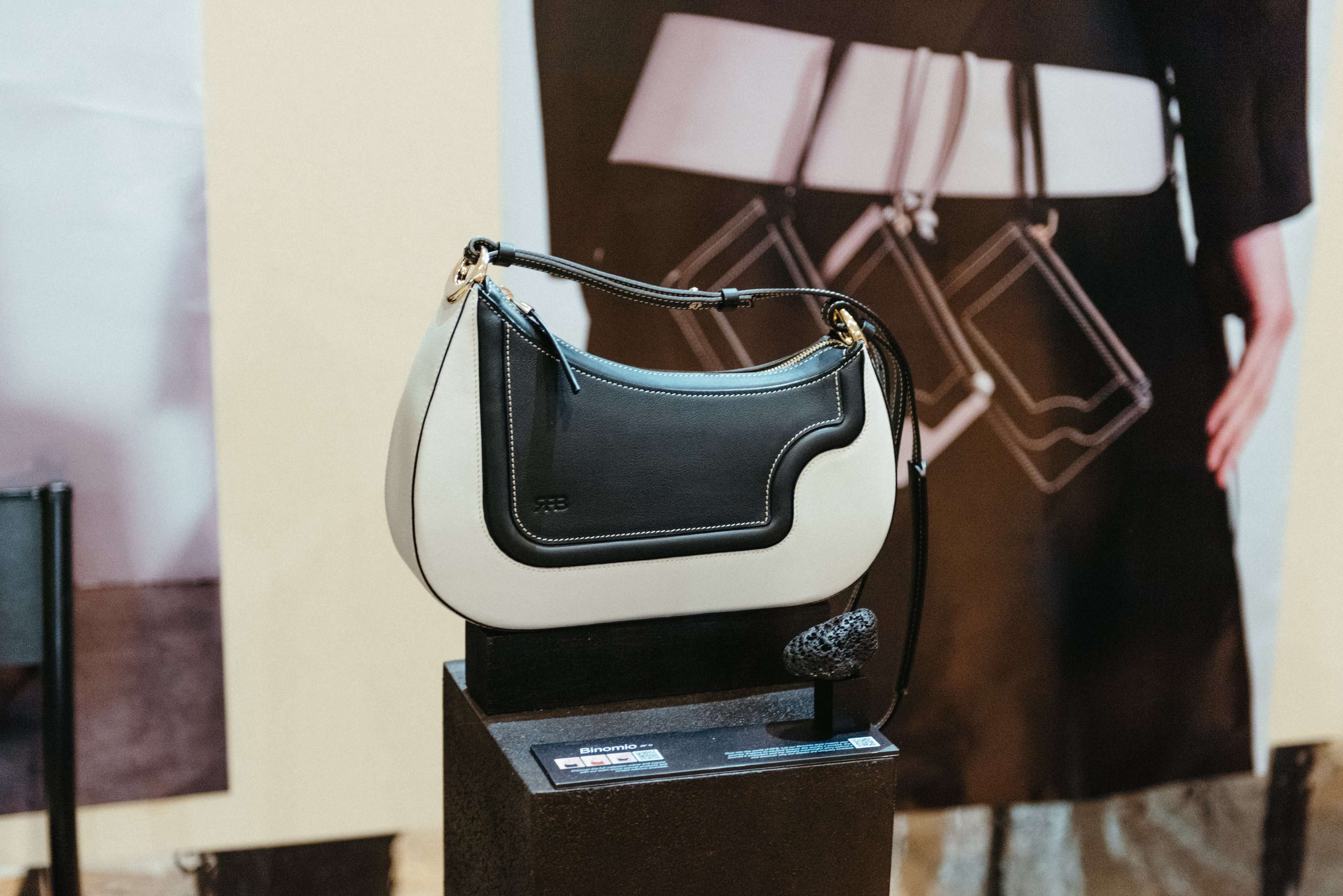
At her debut showing at Premiere Classe, Raquel Figueroa Borque, founder of the leather goods brand RFB, shared her journey, inspirations, and vision for a sustainable, timeless, and meaningful approach to fashion.
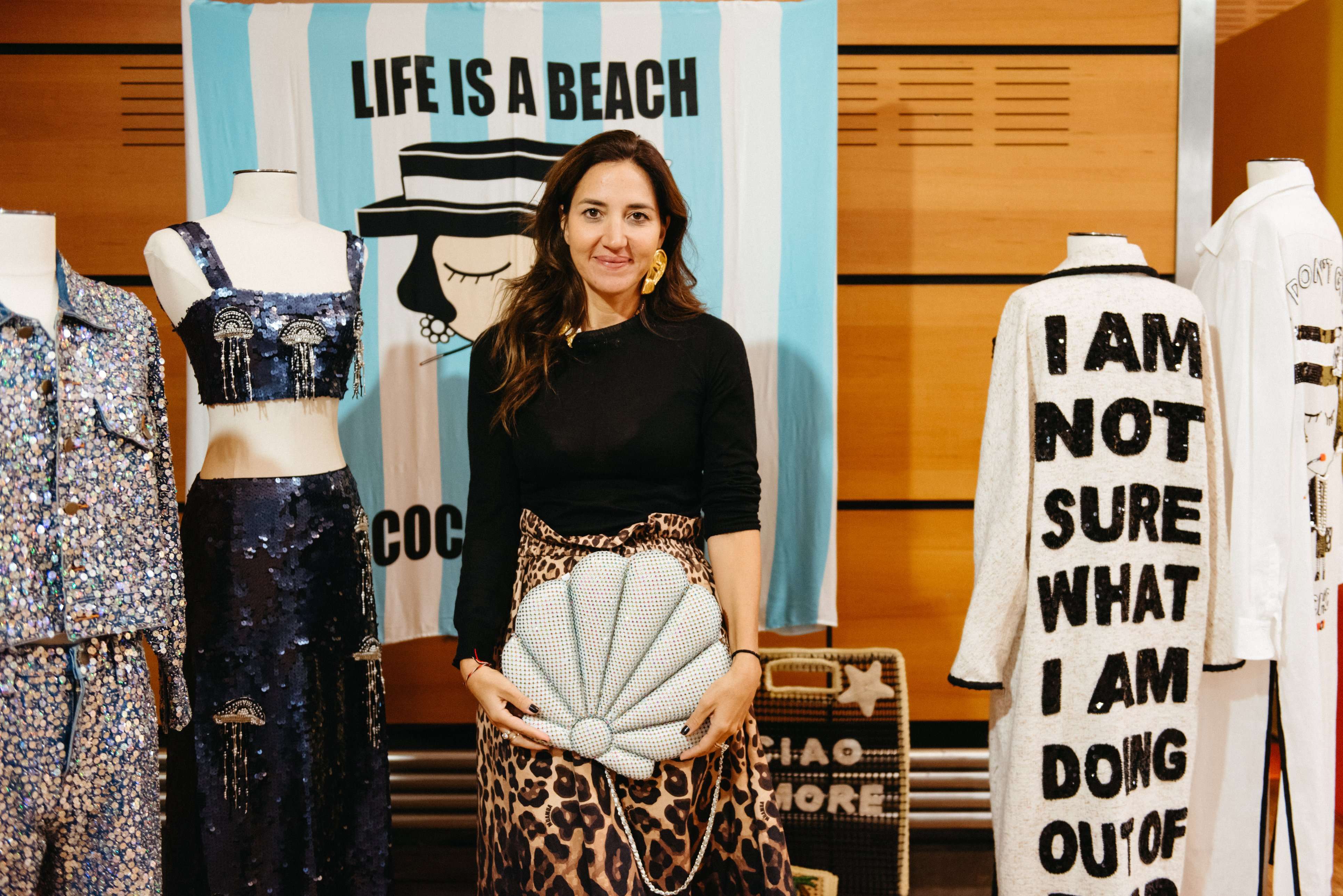
Founded by Ludovica Virga, House of Mua Mua stands out with its playful, humour-filled approach to fashion. At this September’s edition of Premiere Classe, Ludovica presented her new collection, Happiness is a Summer in Italy, inspired by her summer holiday memories. This collection brilliantly reflects the brand’s DNA, combining light-heartedness, humour, and meticulous craftsmanship.
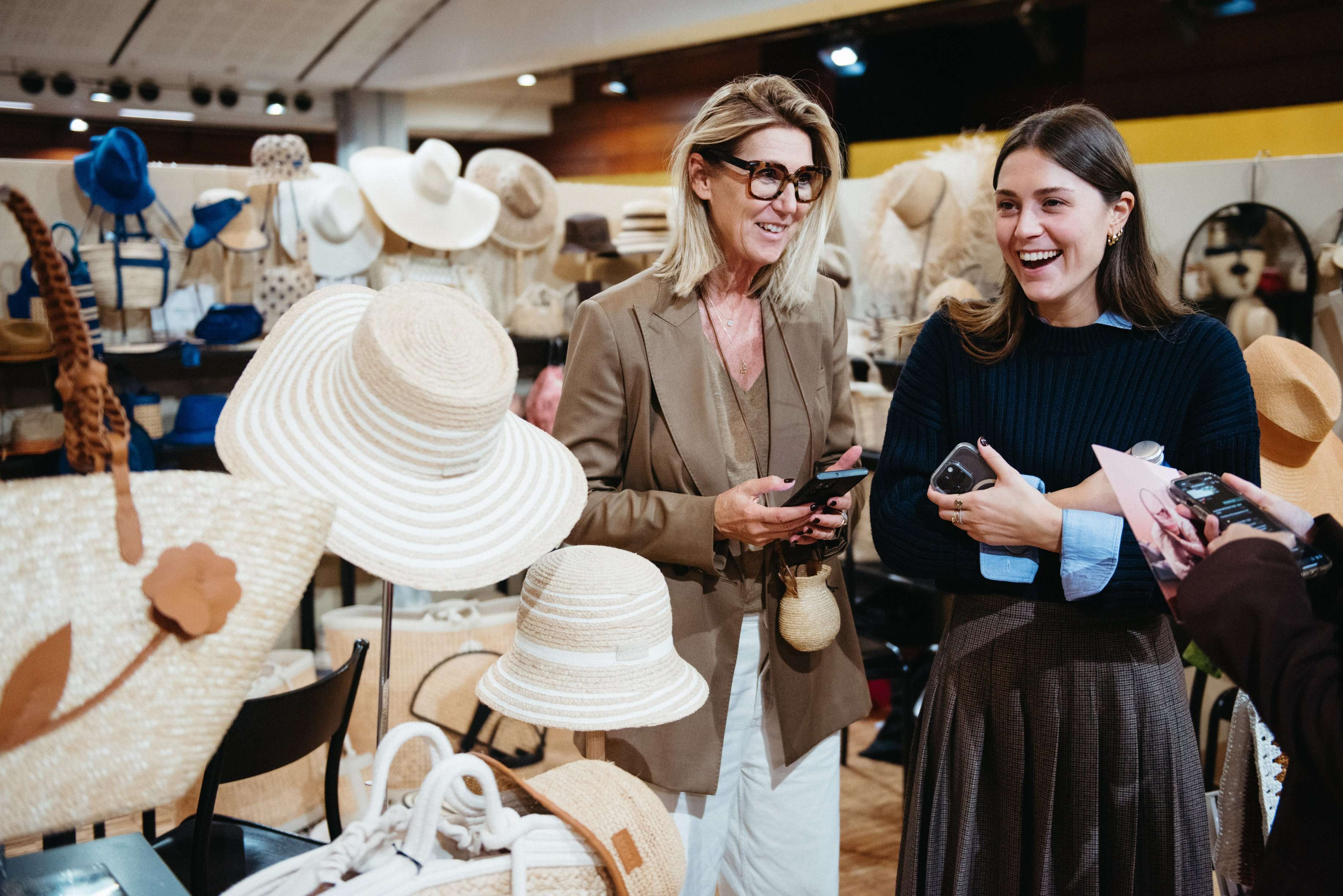
The hat and accessories house Catarzi 1910, led by the Nistri couple as co-directors and designers, represents far more than a family business. It embodies a century of artisanal traditions, creativity, and innovation carried across generations.

Amambaih, founded by Mariela Schwartz Montielle, represents a unique fusion of art, culture, and humanity. Originally from Paraguay, Mariella draws on her multicultural roots to realise a creative vision that goes far beyond simply crafting artisanal shoes and bags.

As the western aesthetic captivates designers, brands, and consumers, one French brand is riding the wave: Soco. Created in 1932, this “sleeping beauty” brand was revived three years ago, following a brief closure, thanks to the efforts of two passionate sisters-in-law who share the same first name. So the story of Soco is continuing under the stewardship of the “Maries Mignon.”
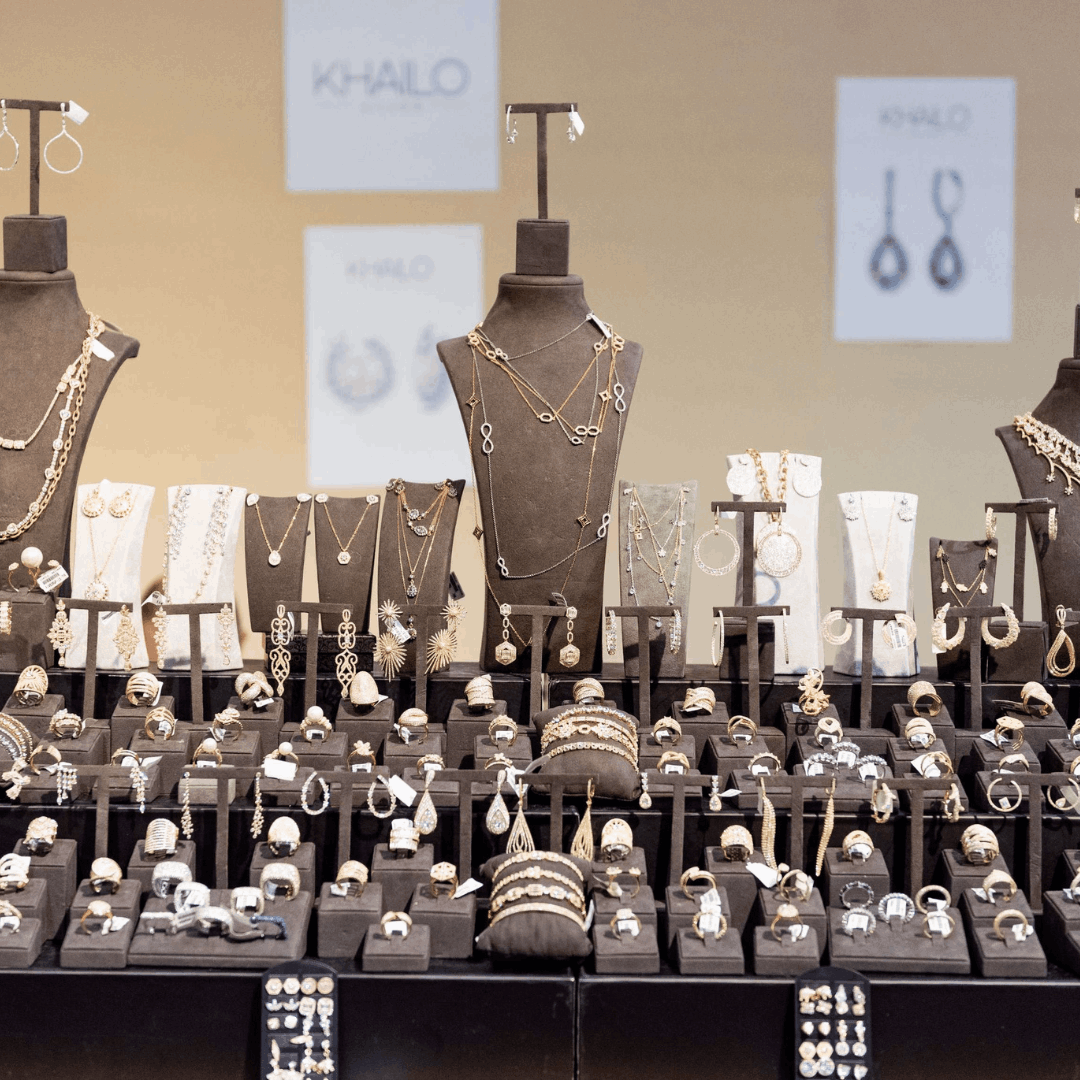
The Turkish brand Khailo Silver has been offering modern and elegant jewellery for over ten years. With meticulous finishes inspired by fine and high jewellery, their premium designs, often adorned with Swarovski crystals or other precious and semi-precious stones, have made them internationally renowned.

Founded in 2015 by the Italian duo Michelangelo Brancato and Francilla Ronchi, Coreterno is a niche perfume brand whose name means “eternal heart” in Italian, and the brand creates unique candles imbued with esotericism. Their style is a blend of rock, almost punk aesthetics, and a mystical aura, forming an invisible bridge between the ancient and the modern.

Based in New York City, the hat brand Esenshel, founded and led by Rodney Patterson, embodies a unique approach to hat creation.
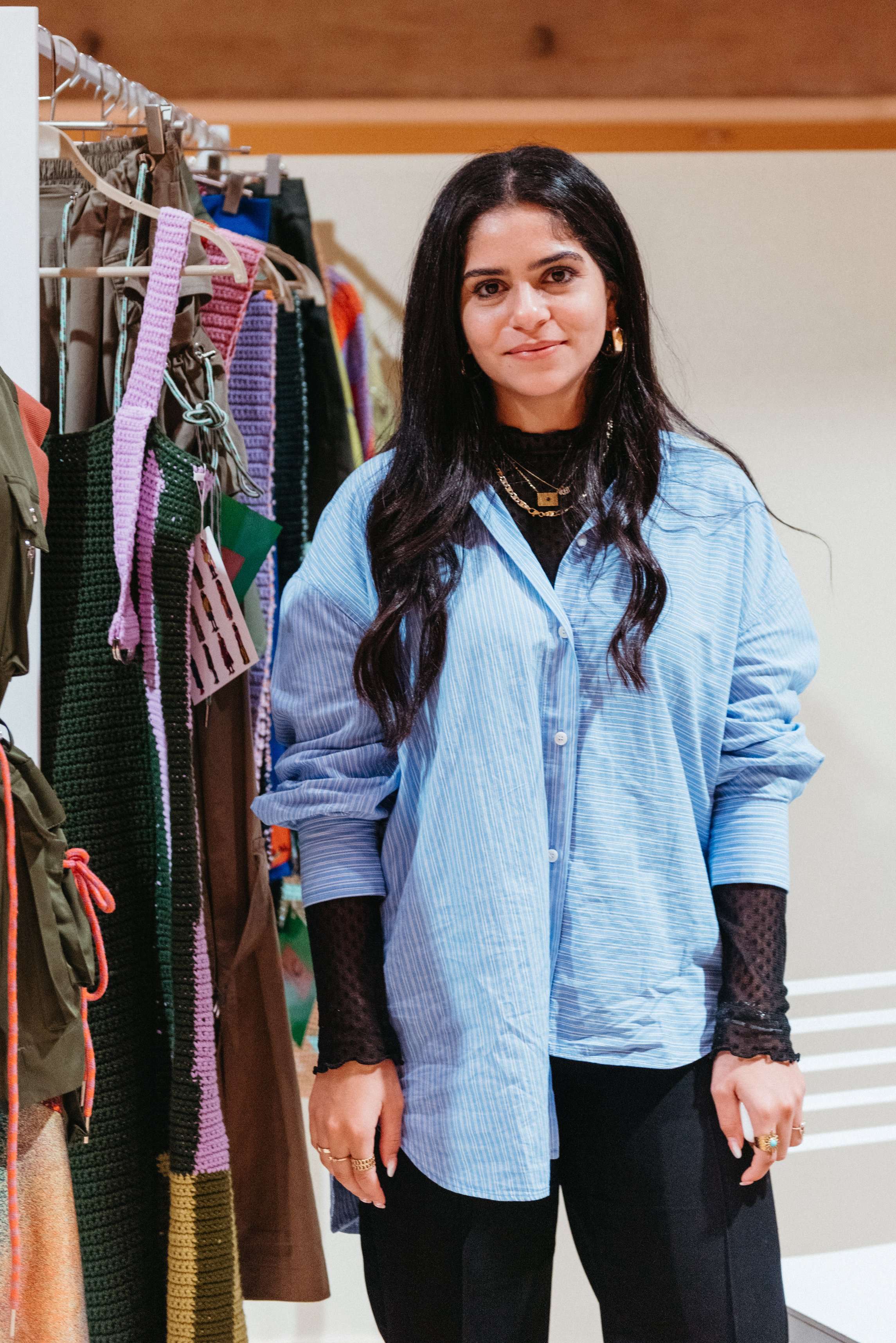
Presenting for the first time at Premiere Classe, Amina Galal represents a new generation of Arab designers who blend tradition and modernity with a personal, emotional touch.

For Thaïs Roblowski, fashion is a true calling, and after studying design and pattern-making at the Chambre Syndicale and interning at Thom Browne in New York and Mugler, she became a stylist at Cacharel and Alzaro.
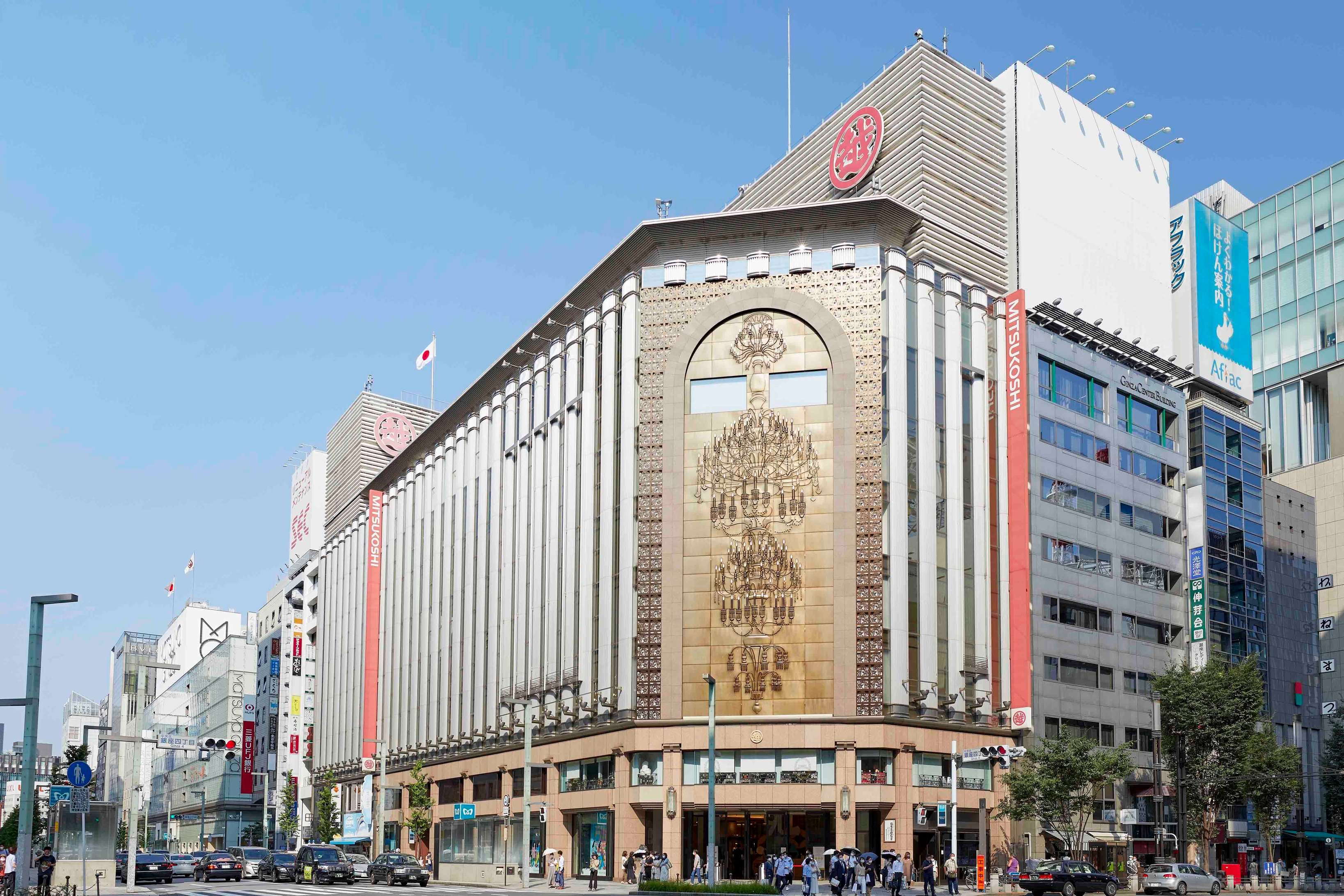
The Parisian eye of Japanese department store Isetan Mitsukoshi tells us about her latest Who’s Next fashion crushes.

Reinhard Plank (Founder and milliner), originally from Vipiteno (Italy) near the Austrian border, first studied design in Vienna before turning to millinery. "I started with hats in Vienna, and my first classic model was a great success," he says. Drawn to Florence's rich hat-making heritage, Reinhard chose this city to perfect his craft.

At the latest edition of “Who’s Next,” we spoke with Camille Pouvreau and Lucas Bouteille, watch and jewellery buyers for Galeries Lafayette, about the burgeoning men’s jewellery market and the long-lasting nature of trends in the watch sector.
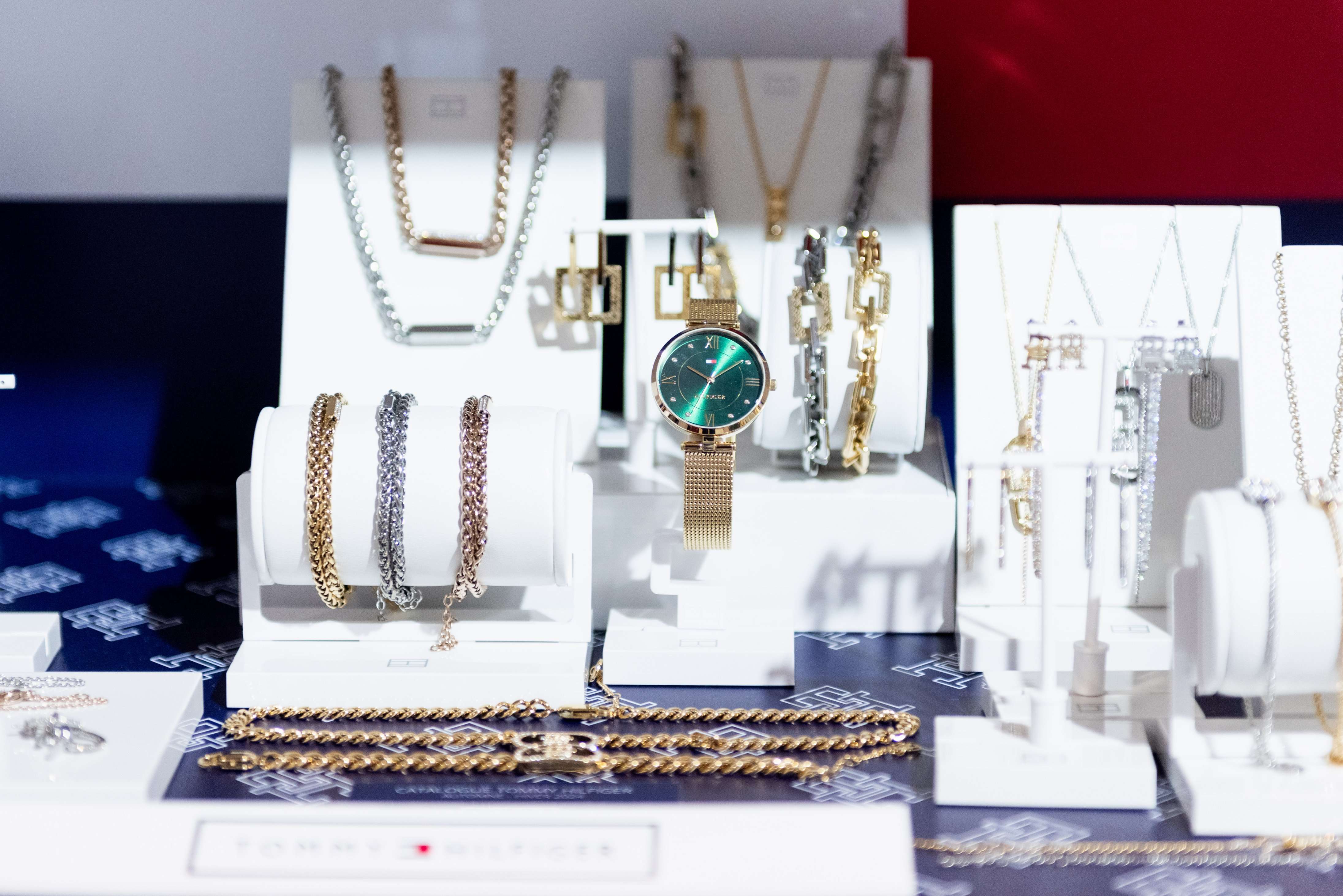
A key player in the watchmaking industry since the 1950s, the American Movado Group initially established itself through the distribution of traditional Swiss brands. Over time, it expanded globally, broadening its portfolio to include contemporary designs and jewellery.

Founded in 1954 by the current owner’s parents, Antonio, the Italian shoe brand Guglielmo Rotta is the perfect example of a family craftsmanship that has evolved while remaining true to its roots. At this edition, the brand presented a collection that perfectly illustrates its commitment to quality, timelessness, and Italian craftsmanship.
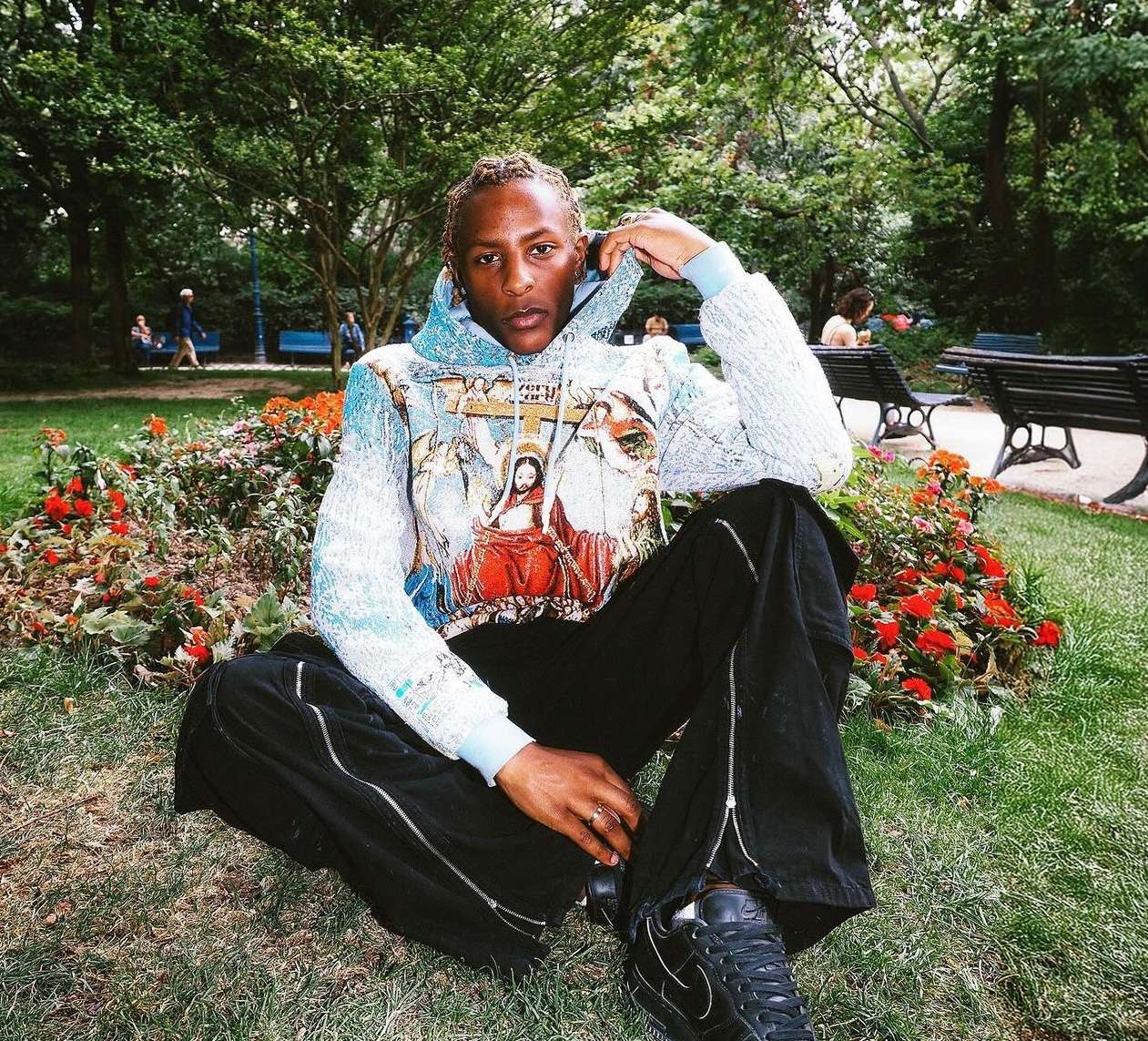
“Streetwear but make it Couture!” Very Rare, a lifestyle and ready-to-wear brand under the direction of Raf Reyes, embodies an avant-garde vision of streetwear through what the designer defines as ‘street couture’. Born during the 2020 health crisis, this family-run brand, founded with his older brother, stands out for its fluid silhouettes, intricate details such as embroidery, flocking, and graphic prints, and strong influences from 90s subcultures.
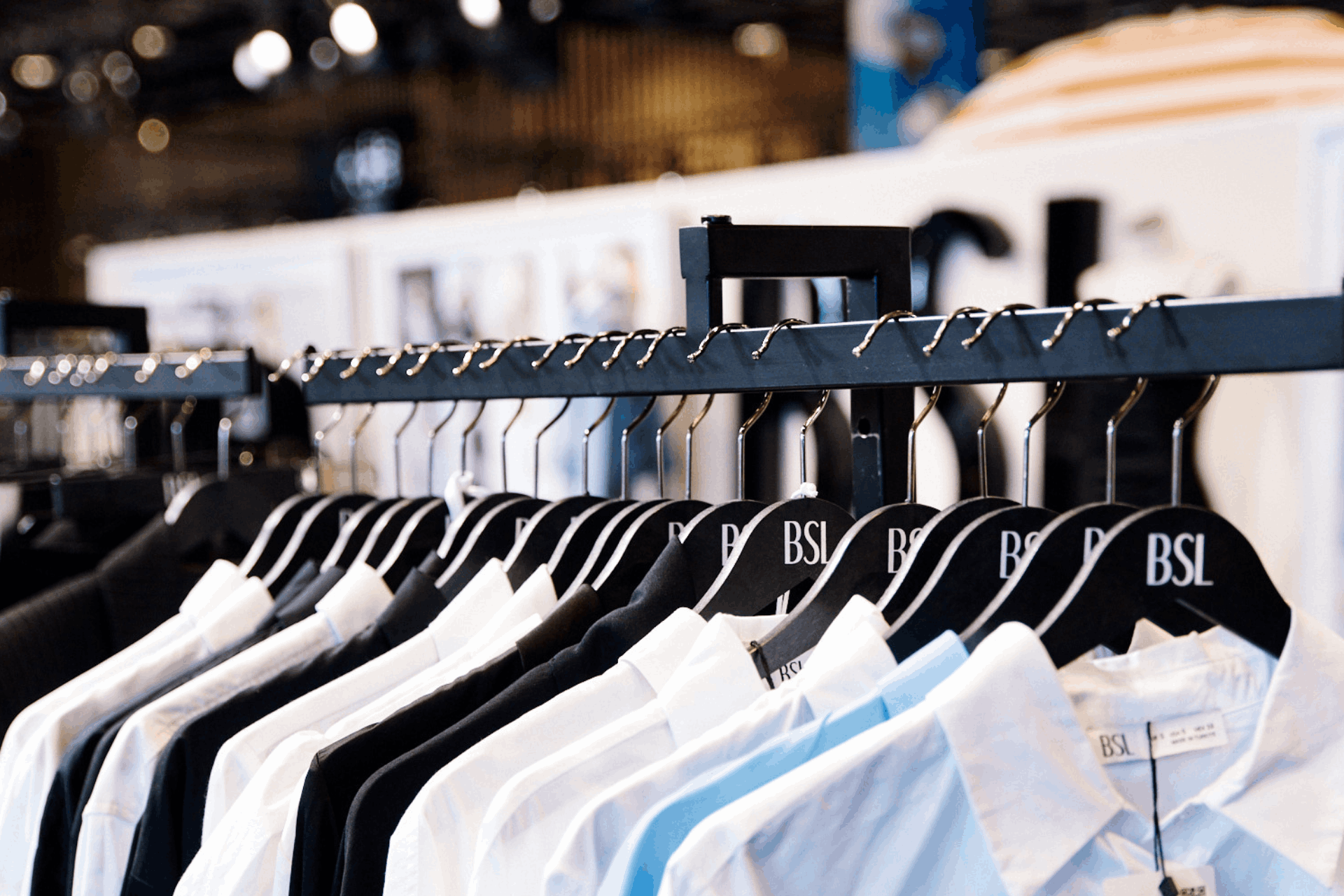
For over 15 years, BSL, a Turkish ready-to-wear brand, has made a name for itself in the fashion market in Turkey, with stores in the country’s major cities such as Istanbul, Izmir, Ankara, and Antalya. Initially focused on its own retail outlets, BSL adopted a new strategy last year: expanding its distribution network across Europe.
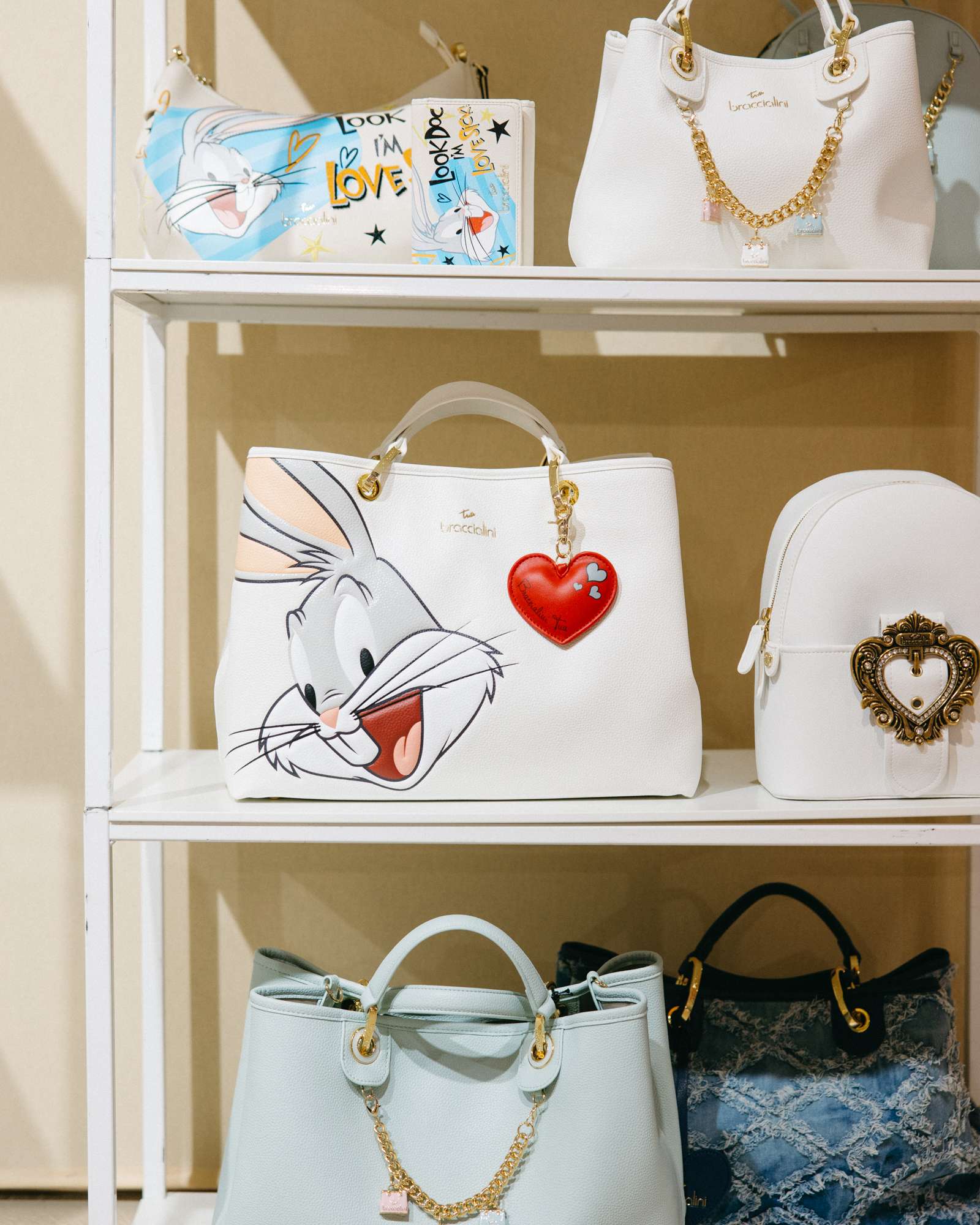
Reinterpreting its heritage Braccialini, the iconic Italian brand from Florence, is celebrating its 70th anniversary this year. "We were born in Florence, and the natural and architectural beauty of Tuscany greatly inspires our creations," shares Daniela, the brand's sales agent.
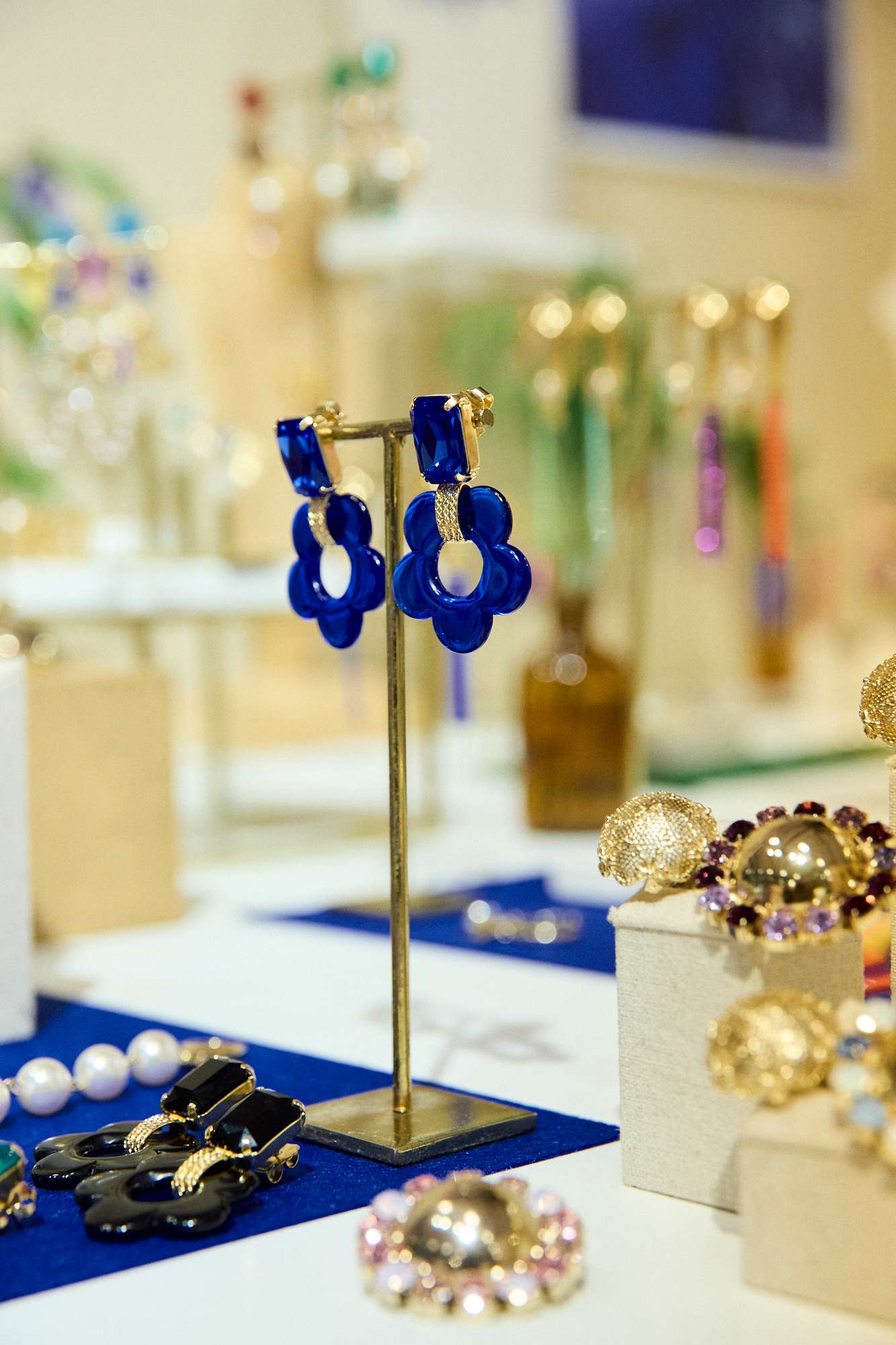
Craftsmanship at the heart of jewellery creation: a self-taught journey and the rise of gatsby soldering workshop Fifteen years ago, Julie Sion made her mark in the world of costume jewellery with a unique and passionate approach. "I stumbled into this profession a bit by chance," she admits. Self-taught, her first steps into creation were through a craft-focused approach, before collaborating with French workshops to ensure ethical and high-quality production for her eponymous brand. These collaborations led her to develop a strong and engaged community, not only around her creative project but also through the human values she upholds in her work.
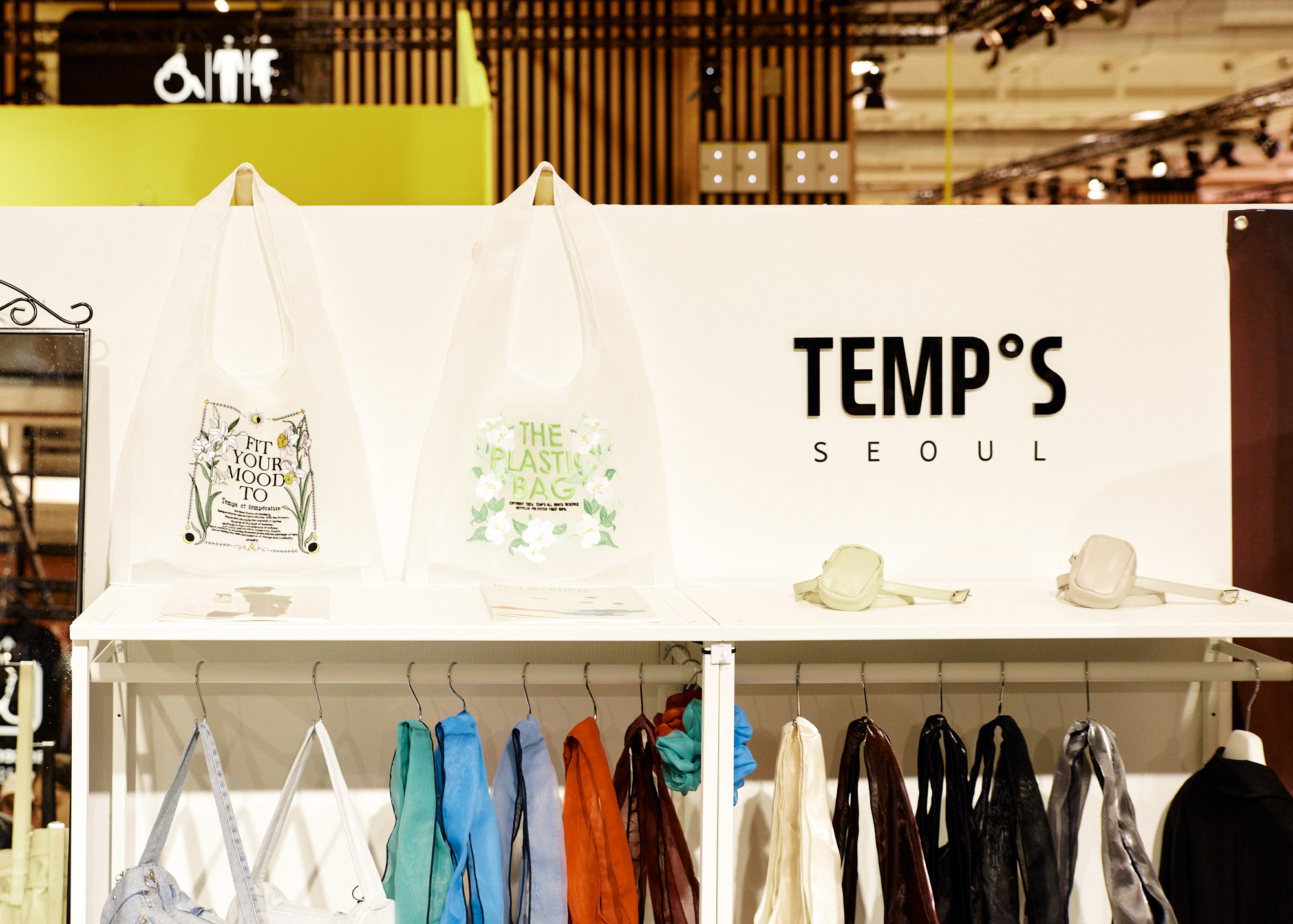
During their debut at Who’s Next, the South Korean brand Temp’s, led by Joanne Jeon Eun-jung, captured attention with its deep commitment to sustainability, combined with a modern and conceptual approach to design.
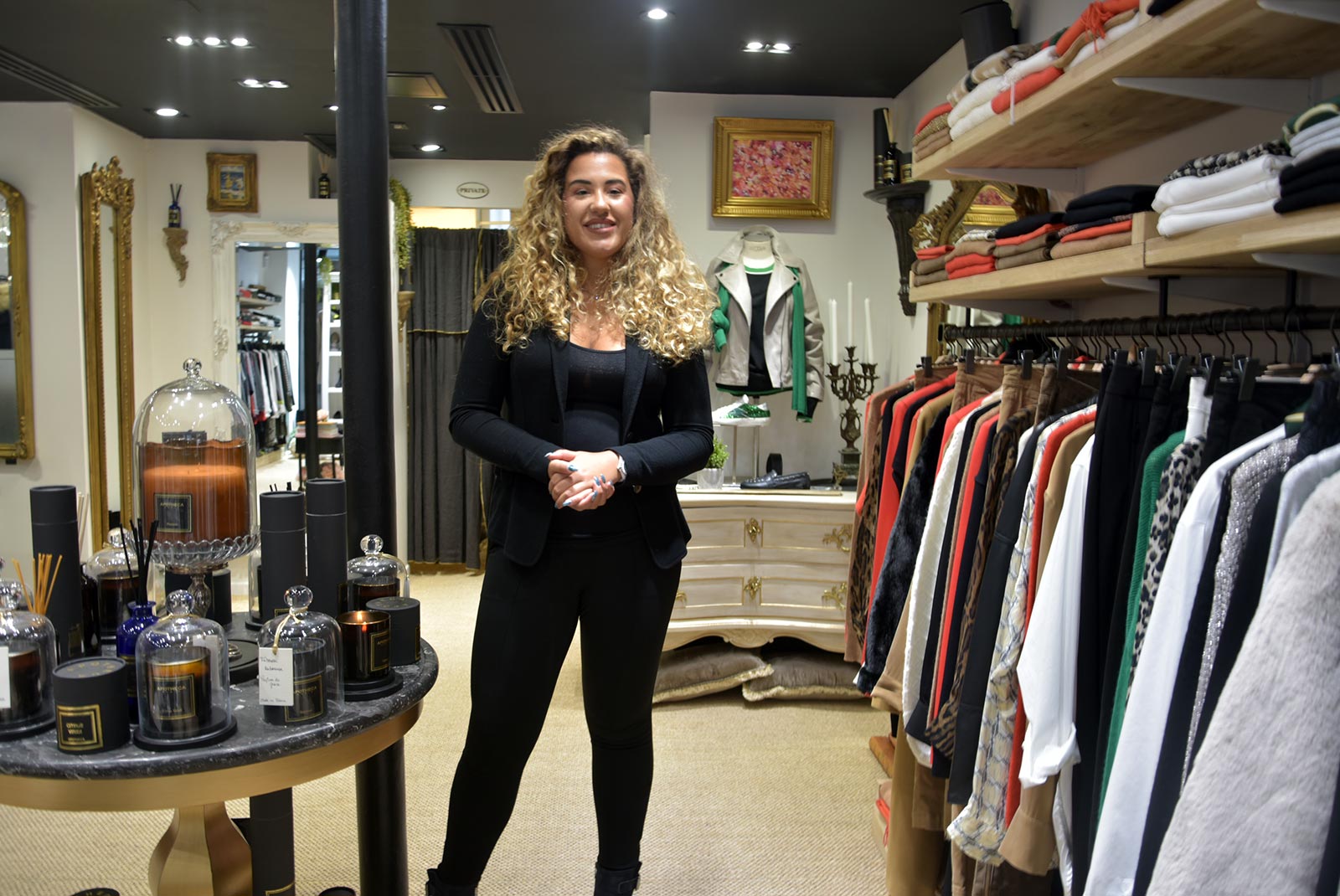
Pamela Kemmat, the influencer and founder of the Pamela Rouen boutique, and her mother Nadège Thevenon, founder of the Paloma Rouen boutique, share their thoughts on “Who’s Next,” an event they regard as the beating heart of the fashion industry.
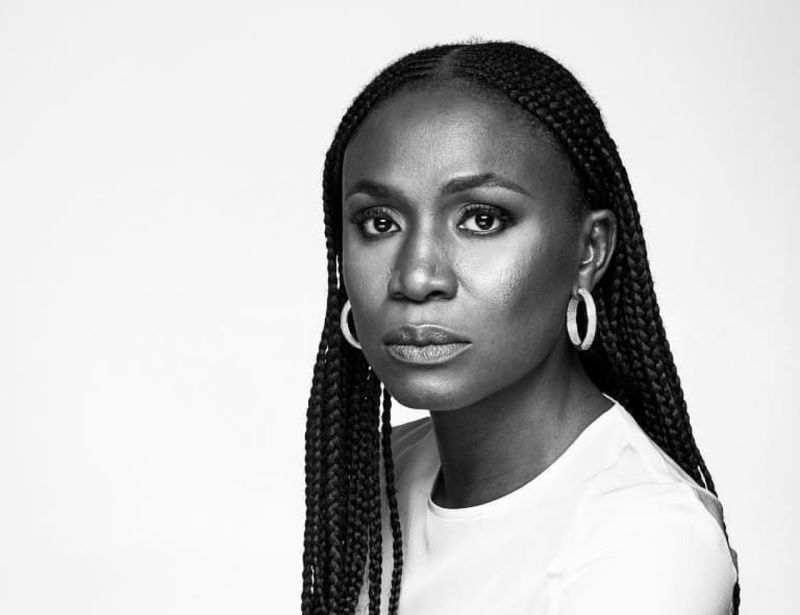
Meet Abasiekeme Ukanireh, the visionary founder and artistic director of Eki Kere, a Nigerian brand that has captivated audiences with its unique creations, showcasing vibrant raffia-based designs.

Who's Next? The great thing about the initial chaos of Who's Next is that it has lasted.
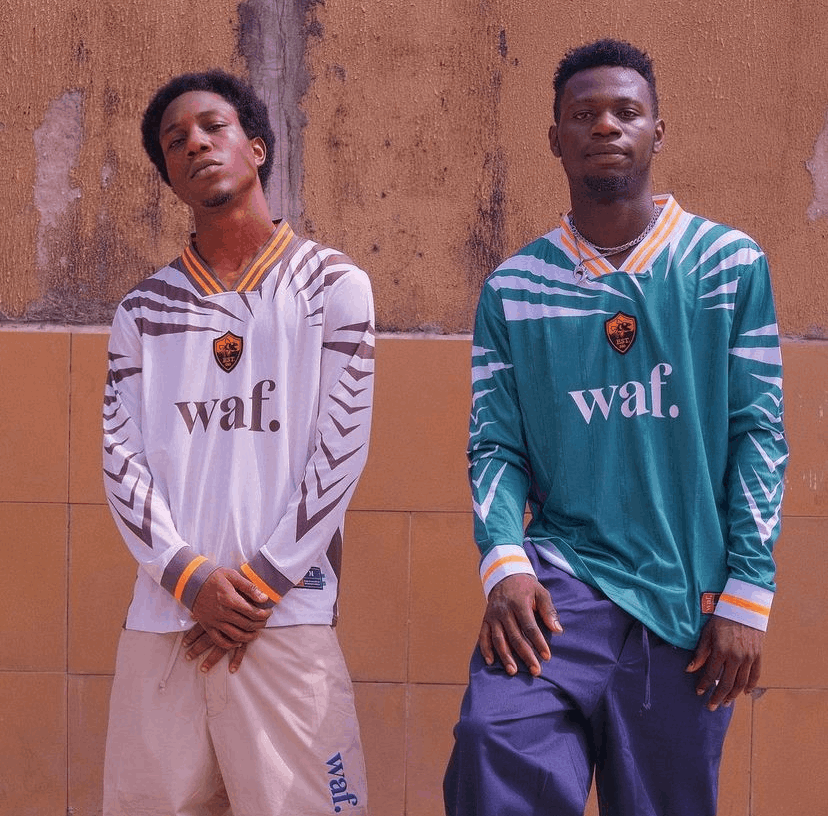
Street Culture resonates with the complexity of a city’s soul. The people, as a community, are those who define and codify its intricacies. Lifestyle, Fashion, Art and Music intertwine through the cosmopolitan blend that characterizes the singularity of a city’s vibe and energy.
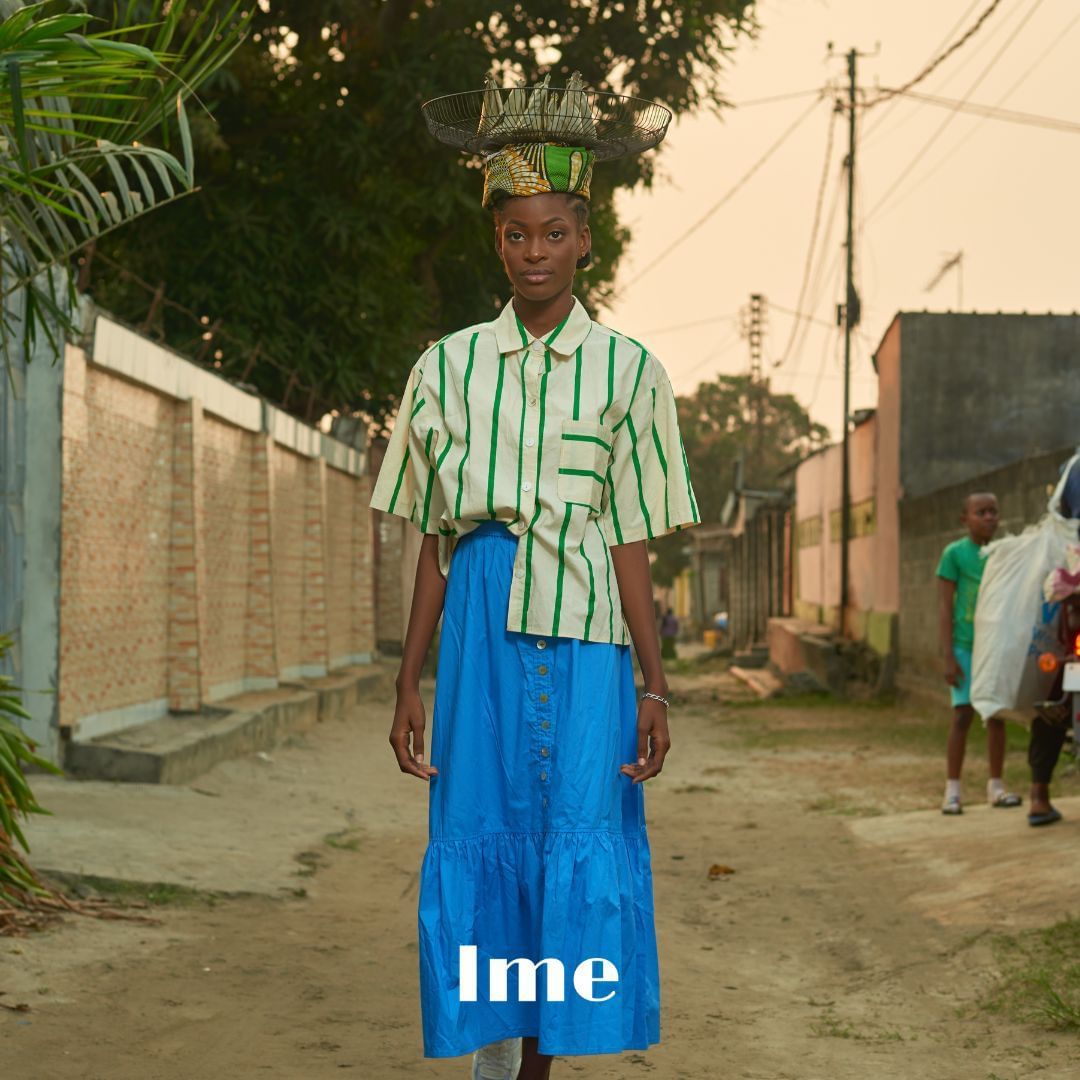
Since its inception in 2019, La Mode Européenne (LME) has stood out for its innovative and transformative approach to the fashion industry. By creating solidarity shops in Congo-Brazzaville and Cape Verde, stocked through donation boxes for clothing and accessories circulated in France and Europe, La Mode Européenne is committed to social and professional reintegration and creating local employment.
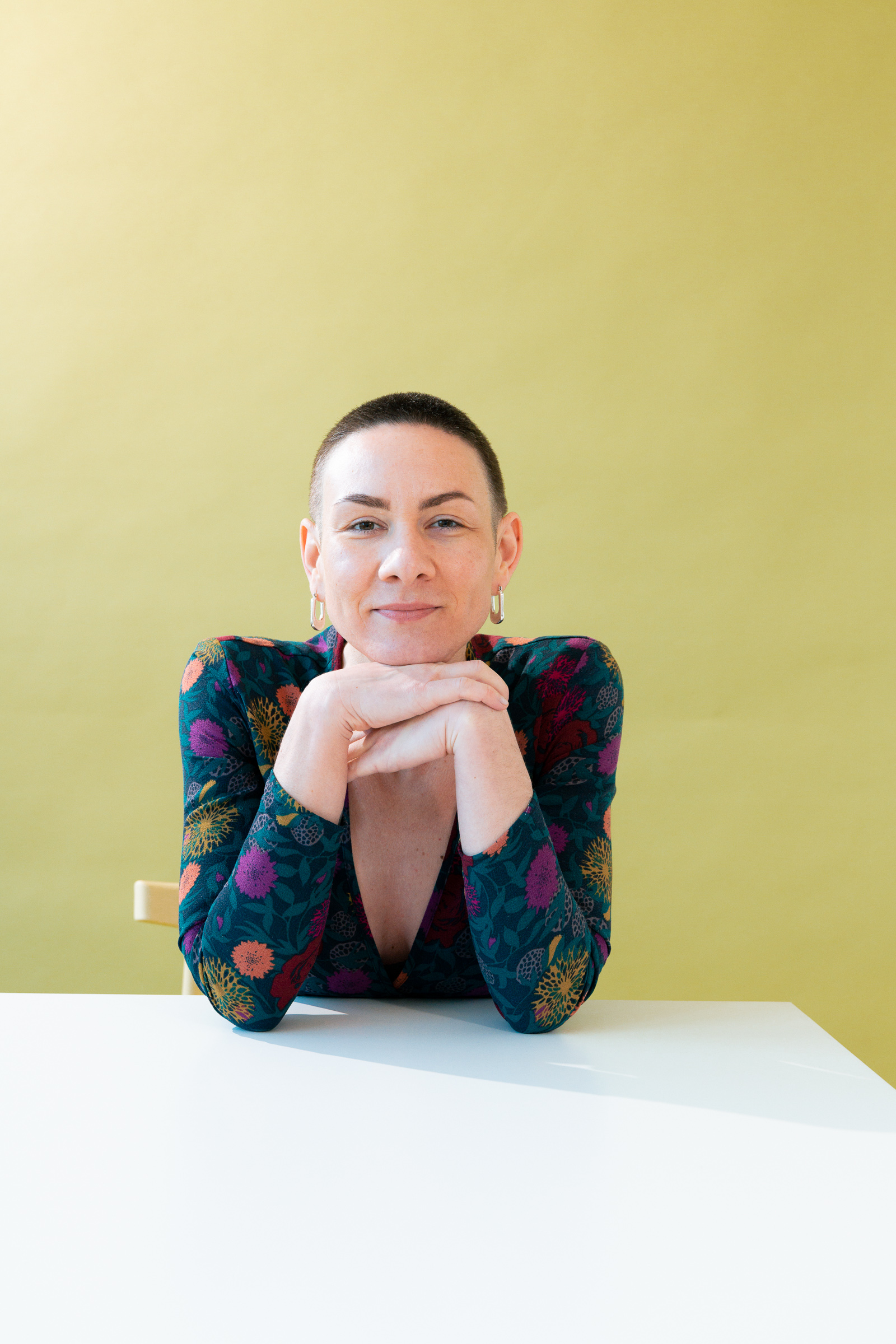
Lavinia Muth, an economist specialising in business ethics for actors of the fashion landscape, has dedicated 15 years to advancing social and ecological standards in the textile and creative industries. Her work as an external auditor, inspector, and investigator, in collaboration with Messe Frankfurt’s trade shows for instance, underscores her commitment to fighting against “corporate sustainability” and “green-washing”.

Julien Martinez, founder of the high-end ‘souliers’ brand Souliers Martinez, embodies the perfect fusion of traditional artisanal craftsmanship and contemporary innovation. Combining his deep Spanish roots with his Parisian cultural influences, his company stands out with a unique approach to leather weaving, supported by committed sustainable values and strong ethics.
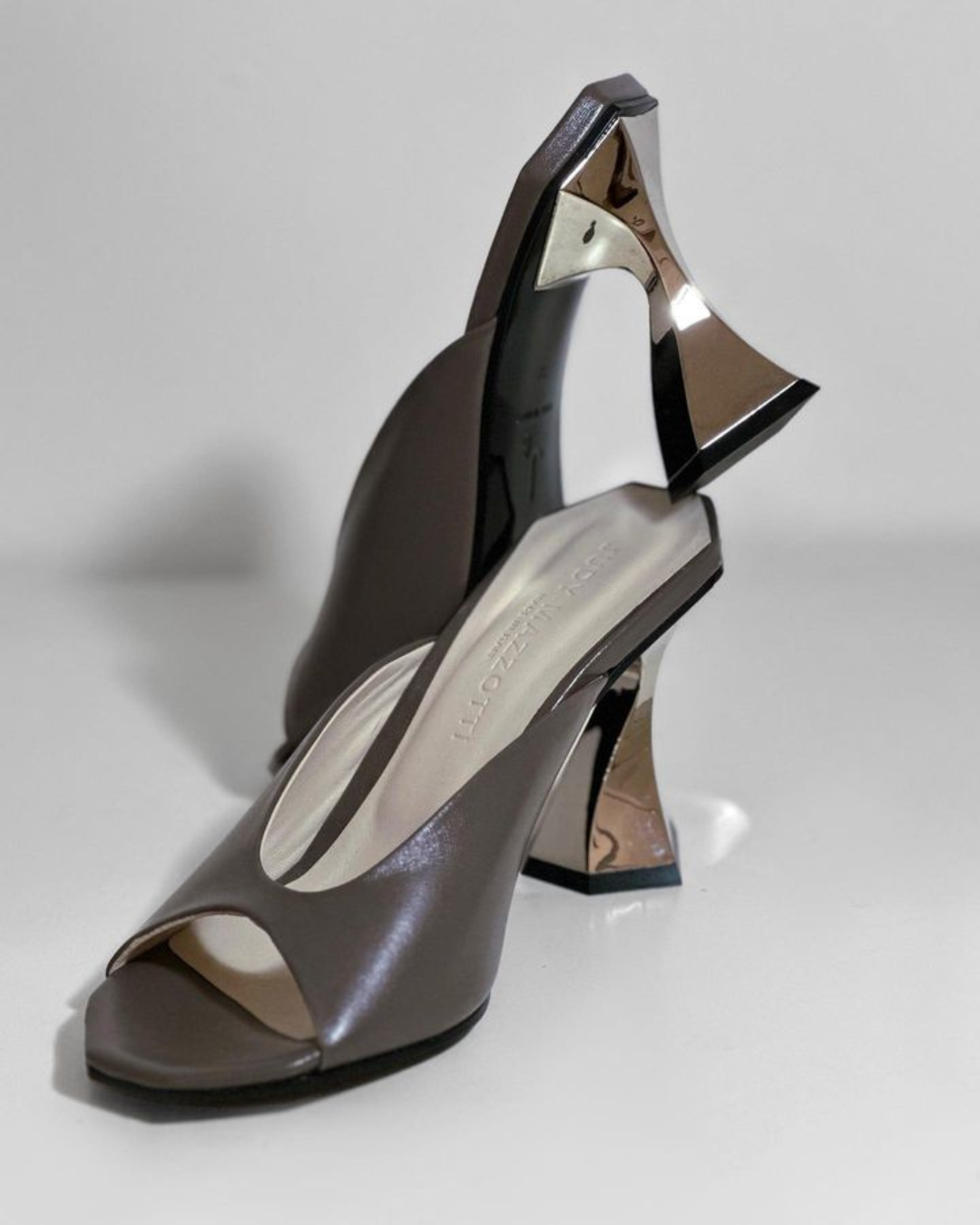
Founded in Rimini from the vision of the eponymous young Italian designer, Judy Mazzotti, Judy created her brand with a focus on the future and research and development centred on innovation and sustainability.

Every year since 1985, Hyères has played host to the Festival de la Mode et de la Photographie.
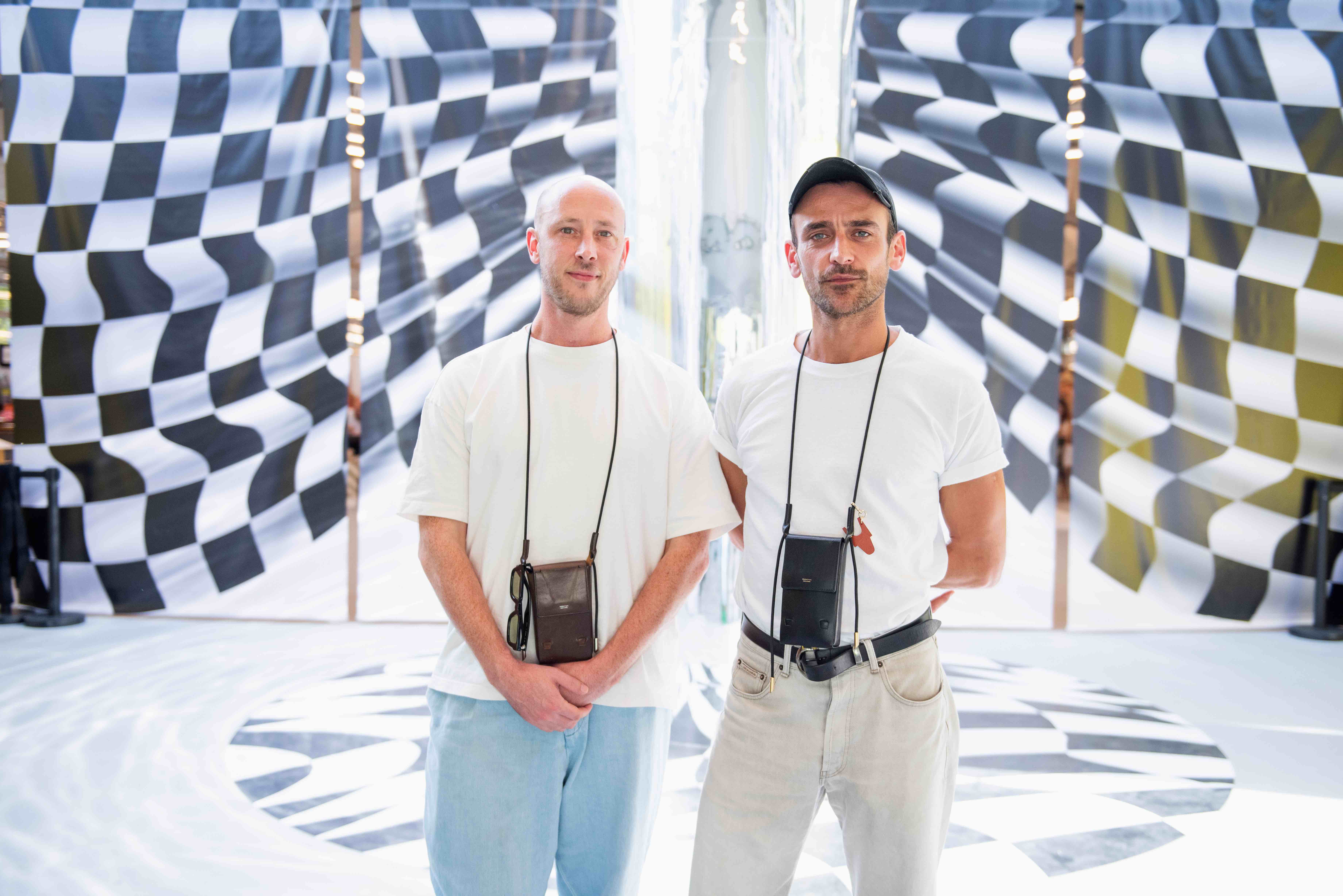
Bastien Beny and Simon Delacour are the creative minds behind the Domestique brand, leather goods accessories made in Paris.
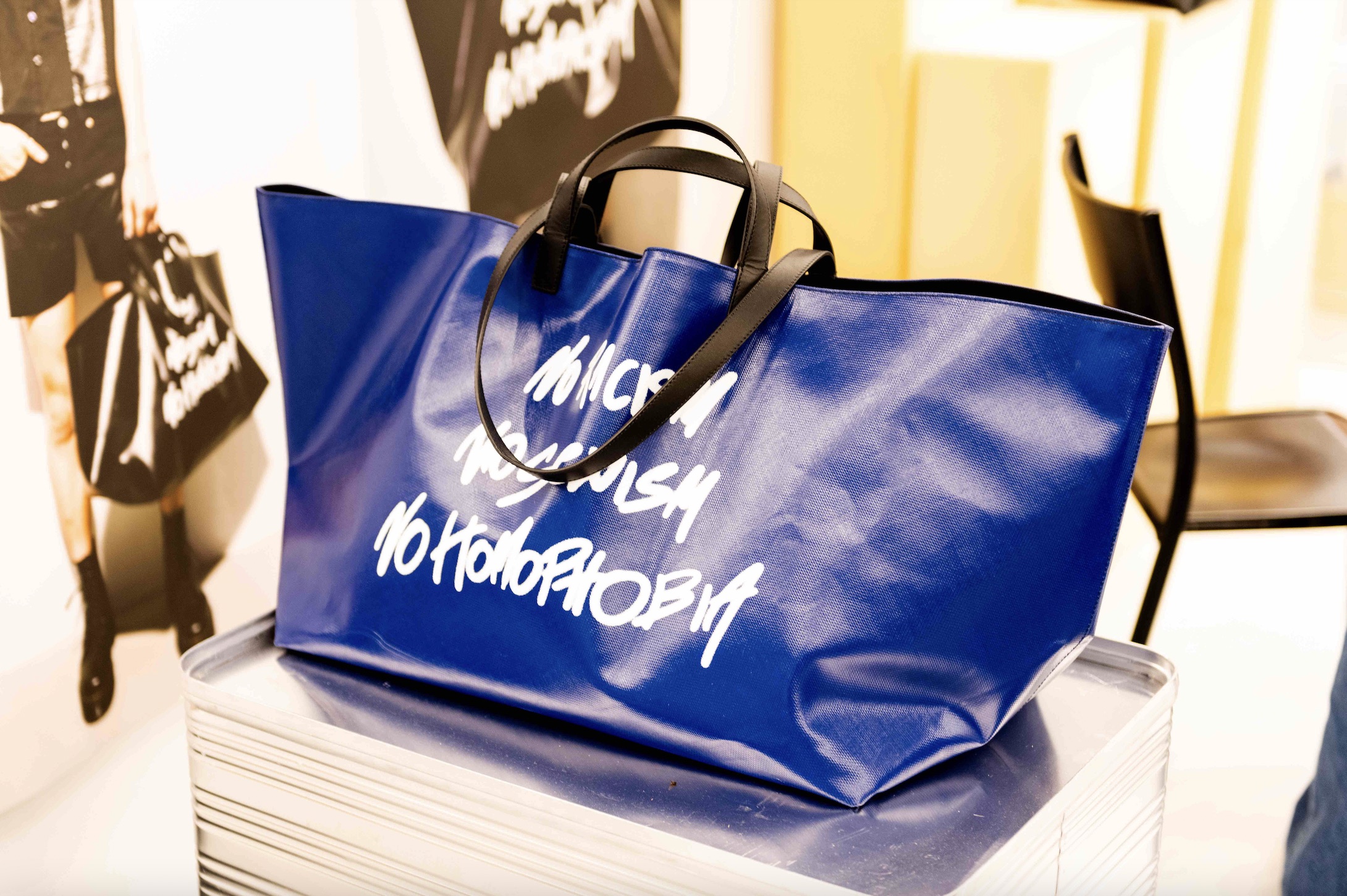
At La Caserne, a sustainable fashion incubator in Paris's 10th arrondissement, Jeanne Friot crafts impactful fashion.